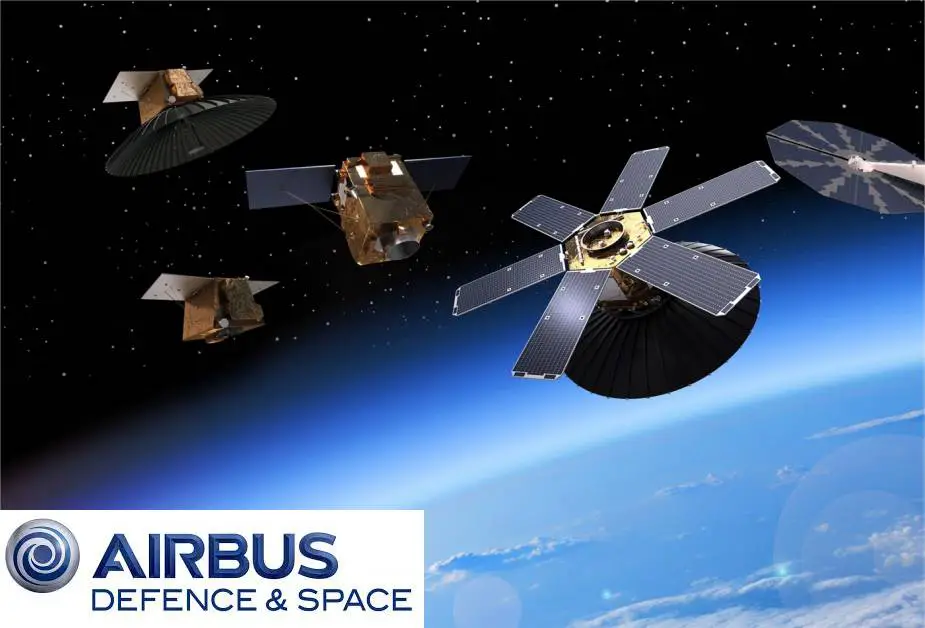Breaking news
Airbus to provide satellite-based maritime surveillance services for British Navy.
According to information released on June 28, 2021, the UK Royal Navy has awarded a 12-month contract extension to Airbus covering the continued provision of satellite-based maritime surveillance services for the Joint Maritime Security Centre (JMSC).
Follow Navy Recognition on Google News at this link
 UK Royal Navy has awarded a 12-month contract extension to Airbus covering the continued provision of satellite-based maritime surveillance services. (Picture source Airbus)
UK Royal Navy has awarded a 12-month contract extension to Airbus covering the continued provision of satellite-based maritime surveillance services. (Picture source Airbus)
The contract follows the successful completion of a proof of concept phase, and will ensure the continued monitoring of areas of interest in UK waters and ultimately protect UK sovereign borders from suspicious vessel activity. Using optical and radar imaging as well as AIS (Automatic Identification System) data, Airbus will provide reports about vessels within the UK Exclusive Economic Zone, as well as information that will help in the prevention of potentially illegal activities.
JMSC, which is the UK government’s centre of excellence for maritime security, required a series of services that would provide intelligence to augment their own surveillance activities. Under the agreement, JMSC will benefit from a large range of Airbus’ surveillance and analytics capabilities.
The contract includes Vessel Detection Reports using SAR data analysis, either delivered in emergency mode for urgently required satellite tasking to monitor suspicious vessels of interest across the globe or on a twice-daily basis for general vessel identification as well as the classification of ‘dark’ vessels in key areas of interest. In addition, the Defence Site Monitoring service, using automated algorithms applied to optical imagery, for the detection, recognition and identification of vessels will detail the evolution of port activity and raise alerts whenever abnormal activity occurs.
The Airbus surveillance services will give JMSC a greater understanding of the various activities across UK waters, especially with a focus on potentially uncooperative vessels, helping to better address security challenges and allowing resources to be rapidly deployed to intercept.


























